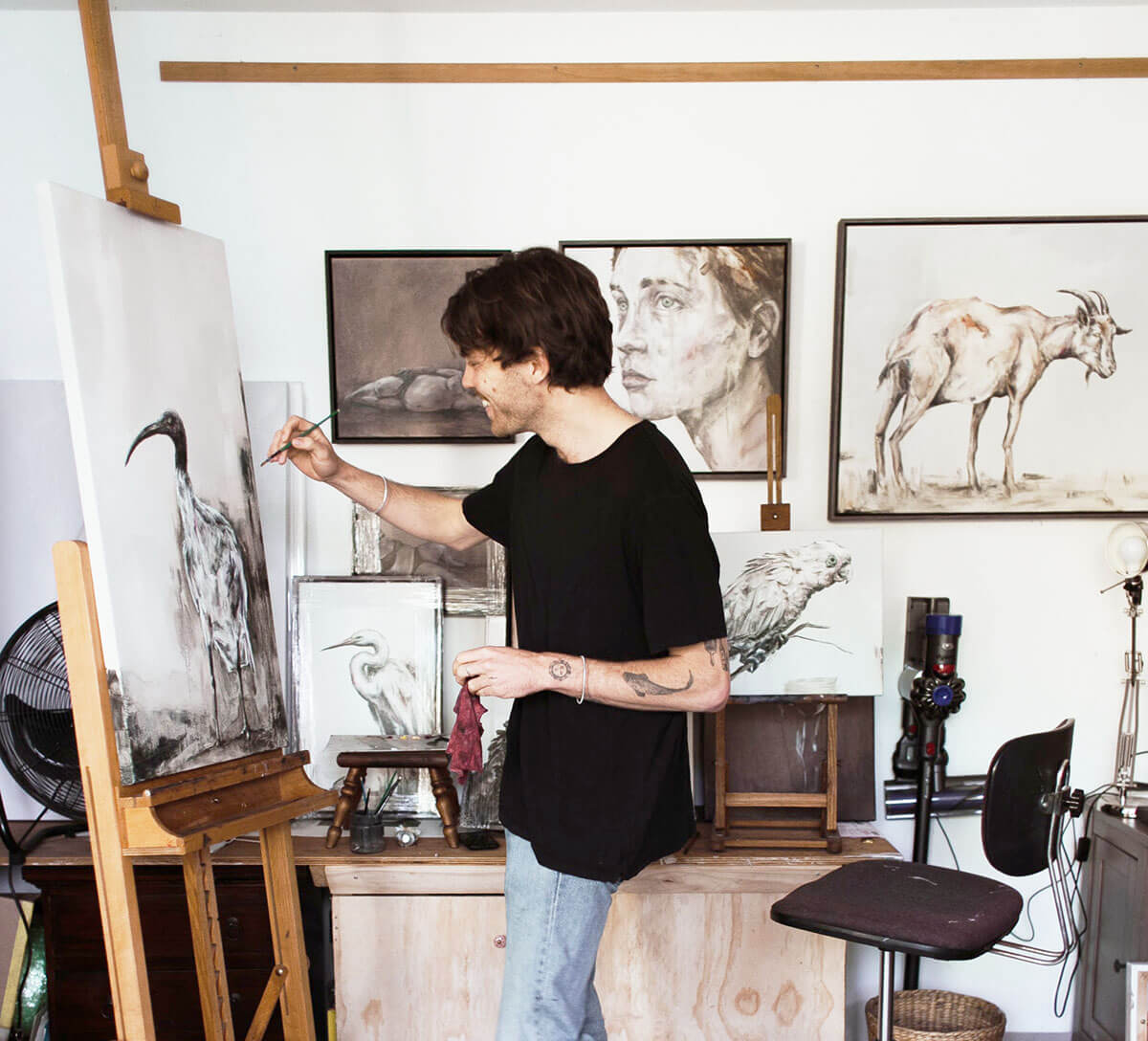Casago’s deal to acquire Vacasa has been finalized, four months down the road from the initial news that the property management company was acquiring the much bigger, publicly quoted company.
There has been a significant amount of back and forth between Casago, Vacasa shareholders and a special committee appointed to scrutinize offers, including an improved offer from the Casago, accepted in mid-March.
The combined company will manage 40,000+ homes across North America under a “national-local” franchise model, with the Vacasa brand continuing as Vacasa, a Casago company, going forward.
Roofstock, an investor in the deal, becomes a key franchise partner.
In an exclusive interview with PhocusWire, Steve Schwab, CEO of Casago, discusses the value of the deal, the importance of relationships and bringing the franchise model to Vacasa.
Cast your mind back to when you first started thinking about acquiring Vacasa, if you knew then what you know now about the hurdles, would you still have pursued it?
Yes, of course. Anything that has value will take work. The truth is when we first got started, we started to understand that it would take a really great team to be able to put this together. People like Joseph Riley, who the deal would not have happened without—he took a lot of the lead on this deal. He’s also a former airborne ranger and being able to work from a point of tenaciousness and being thoughtful about how we were going to make this happen and build relationships and trust with a lot of these investors and partners was crucial to the entire deal.
It was certainly a lot of learning for me. My background was not in deal making, it was property management. I’ve been a guy who built a company from the ground up. So, putting a team together of people I could trust and who had the right skillsets for the job was critical. Without that, it would not have ever happened.
Was it harder than you anticipated?
It was certainly different than I anticipated. The challenges that came out were not what we were expecting sometimes. The truth is we had to really work hard to find the right investors. We had to ask a lot of people and have a lot of presentations to find the right people who could share the vision. It was a complex deal, and it’s not without risk—and our investors and those people who decided to roll and all the people that were involved were able to see the vision and understand how we saw the world differently, and I’m really grateful for them because not everybody did.
Why do you think that a certain group of shareholders were so adamant that their model was better than what you were offering?
I don’t know if there’s necessarily one perfect way to get there. I think everybody has their viewpoints. I certainly have mine. I’ve been through consolidation myself and realized pretty quickly that I was going to go down a path that I could watch the quality and the profits shrinking. We needed to think of something differently, and when I realized how valuable it was to have somebody in the market who had ownership—and how much better the P&Ls were [when] there was somebody watching their own money, somebody there who was taking care of their own homeowners—it was an unlock for me.
In my hometown of Puerto Penasco where I got started, I was able to build relationships that I could transcend a business with because it wasn’t just a business relationship. It was these deep-rooted relationships with these homeowners that really put the glue together. We had to earn the right to fail when we made a mistake. We had goodwill because we had built these relationships with them and you just can’t do that remotely. Empowering local teammates and making sure that the decisions are made as close to the door as you can, and the ownership is as close to the front door of that property as it can be—that’s really key to this industry because we’re not a tech industry tech, we’re tech enabled but this is a people industry, this is a relationship industry, and that’s why often you see small personal boutique companies who can win. They struggle to scale, but they win at the local market.
So, this is almost like a hybrid model—how do we, at the company level, really support the [person] on the ground who is responsible to their neighbors, who is owner-centric, who sees that taking great care of these guests in every way possible, with genuine hospitality, ends up really being how we serve our homeowners.
Do you think lawsuits are a possibility (following all the shareholder back and forth)?
With every transaction there’s always a possibility—we’ll wait and see what happens. We believe strongly in what we’ve done and how we’ve done it. There are always people out there who may have a different opinion.
How long will it take to bring the Casago model to Vacasa given that it’s eight times larger?
It’s eight times larger in door count. What’s important to understand is that it starts with each relationship. There are processes and systems that we can help with immediately and then there is also culture. Getting the culture right with the people and serving them will take some time.
Subscribe to our newsletter below
There are really good people that have worked really hard at Vacasa, and I have a lot of faith in them. When you give great people—who love their industry and what they do—good tools and a culture and leadership and open up the doors to let them do their job, magic is going to happen.
I really believe that empowering them at the local level, just like the franchise model, as we go through this process, it’s going to blossom. And, I think we’re going to have a very different relationship with our homeowners and yes, as we transform the company into something with a much different local decision-making process.
Do you plan to use any of Vacasa’s technology?
We will be making some changes and there will be some that we keep, some that we jettison. When it comes to their tech, they had a lead at one point, some of it is good. For some of it, there are better solutions out there. We plan on doing best-in-class. We don’t have to own the tech, we need to pick the best and then teach our team. The tech is not more than a tool. It’s what makes us bionic. If you use them the wrong way, it makes you robotic. What we really have to focus on is the quality of property manager who is using that tech.
With the ink dry on the deal, what does the first 30 days look like?
The first 30 days are making sure that we are being good stewards of what we’ve just acquired. We have a new team that’s coming in. It’s about making sure that we’re getting the Casago culture put in place. We can’t just suddenly go into the middle season and start turning wrenches. Disrupting the business would be the worst thing we could do, but fortifying the business in culture and ideas and process and trimming a lot of the things that were just ancillary and unnecessary to be responsible stewards of the organization is incredibly important. Looking for opportunities with great operators to partner with as franchise partners—people who will be good stewards of our teammates, our teammates who have been there, you can’t do this without them. We’re going to need them in all of this. Making sure that there’s good transition and good people to lead them—it’s all part of that.
When you give great people—who love their industry and what they do—good tools and a culture and leadership and open up the doors to let them do their job, magic is going to happen.
Steve Schwab, Casago
Then, I’m personally getting into an RV that we’re planning on wrapping in a bright orange color, and I’m going to start my journey, going from city to city to meet every single teammate and homeowner that I possibly can. If I’m going to lead them, they need to know who is leading them. They need to know that I am not Wall Street. I’m on the ground. They need to know that a property manager is leading them. I need to hear from them, they need to hear from me. That’s going to be a main mission on the ground, getting to know our people and loving on our homeowners and getting to see what they want, what they need and how we can help build something really meaningful out of this.
As you get to the end of 2025, what will success look like?
First of all, the transformation will be in full swing by then. Then, making sure we have reduced churn, which means a lot of relationship building. Making sure there is a lot of great communication, a lot of hope, a lot of being able to give context and create feedback loops with our homeowners. These are all things that we do well now and we’ve got to continue to work on and bring in the way that we think about it and do it in a thoughtful way with the current organization.
Reducing churn is number one, figuring out how to love on our homeowners and build respect with our teammates. And then [we need to] operate well and start transitioning these really great cities and properties into an ecosystem where there’s somebody on the ground who has ownership of their relationship and has skin in the game to make sure that they to meet these homeowners [and] have great connections.
What do you say to homeowners who might be on the fence about whether this is right for them, right for their future?
I understand that transitions always bring a lot of questions and we’re here to do the work to earn your trust. There’s some fantastic opportunity here to be part of this community that’s going to really care about you. I think we have the opportunity now to unlock the potential of the people that you already know and love that are on the ground. If we can unlock the right things for them and empower them, you’re going to see a very transformed experience with our relationship with you, because our relationship is with you, not with your property. We take care of your property; we provide revenue and drive reservations for your property. We have stewardship over your property, make sure that guests have five-star experiences so that we can build a relationship with you as a homeowner. If we are successful with that, I think homeowners are going to find a lot of value and be thrilled about how we’re doing things in this transformation.
Some recent Phocuswright Research revealed there’s still reputational issues with vacation rental related to service standards, transparency and predictability or consistency of properties. What should be done to make the experience more consistent? Can you design systems to make properties more consistent?
You absolutely can. A big part of the industry is how do you provide the expectations of the guest in a way that’s consistent so they know what they’re getting—from making the reservation and from when they show up—but also being able to provide enough flexibility that the unique charm and soul of each property still gets to shine through. It’s balancing the standards to make sure that the hospitality side, such as cleaning, making sure there transparency around what the property really is you’re getting what you expected, making sure that the experience of check-in is consistent, making sure that the bed sheets and the things that touch your body are clean and up to the standard that you’re expecting, while still being able provide the charm of an individually owned property.
At the end of the day, this industry is struggling with its own reputation, and the truth is there’s been bad actors that have come through—people who get rich quick and don’t care about the community. We need to be policing ourselves. We need to be fighting for advocacy for not only our owners but also for the communities themselves. Because if we discipline ourselves, we’re much better off than somebody else disciplining us. We as an industry need to make sure that we are being good actors and we’re putting guardrails on it. If we’re responsible about it, we’ve have a fantastic future.
What do you think are going to be the best use cases for artificial intelligence (AI) across short-term rentals?
AI is growing quickly and it’s moving so fast, it’s hard to keep up. As of right now, I believe that AI is a fantastic tool. You’ve got to be using it at the ground level. It basically gives you an extra 20 IQ points and a lot of time back. But you just can’t throw AI at everything right now, it is not there. Using AI as a way for a human to be able to get the right information at the right time and then have a good conversation with a homeowner, guest or teammate, is the way I’m thinking about this. Making them able to process incredible amounts of relevant data, understand it and produce good work and efficiencies is how I’m thinking about it for today. Do I think that’s what is going to be in the future? No. There is a future where AI does all the things that we can’t even imagine. AI is going to lead us down paths about concepts and ideas and things that we haven’t even thought of yet. What we need to do is use it properly, use it thoughtfully and make sure that we’re enabling our teams to stay competitive. But we need to stay humble about it because it’s not the be all and end all yet.
The Phocuswright Conference 2025
Hear more from Steve Schwab, CEO of Casago, about the acquisition, the franchise model and industry challenges when he joins us for The Phocuswright Conference 2025 in San Diego from November 18-20.







